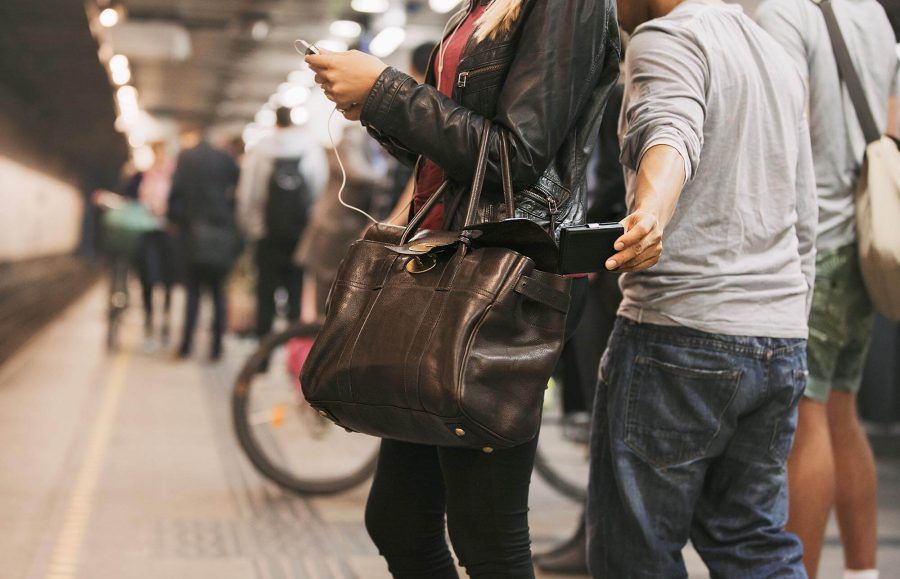Dear Experian,
I had my wallet stolen. My entire life was in my wallet including a check book, my Social Security card, driver's license, identification and passwords to all my personal information, and all my credit cards. I have cancelled all my credit cards but am afraid that they will use my information for other reasons. As it is my credit is not great. What should I do?
- MJG
Dear MJG,
Contacting your creditors and cancelling the cards was the right first step. Your next step is to notify law enforcement to file a police report. After that, you should have an initial security alert, also called a fraud alert, added to your credit report.
You can request a free report when you add the security alert. Adding the alert is easy to do online or by telephone. If you add the alert online, you will be able to view your credit report right away. You can add the alert with any one of the three national credit reporting companies and the request will be shared with the other two.
How to Add a Security Alert to Your Report
To add an initial security alert via the Internet, visit Experian's online Fraud Center and select "Add a fraud alert" followed by "Temporary fraud alert." Simply complete the form and submit it through the secure Web link.
To add an alert by phone, call 1 888 EXPERIAN (1 888 397 3742) and select the fraud option. Follow the voice instructions to add an alert and request a report.
Review Your Credit Report for Signs of Fraud
Once you have your report, you will be able to review it for signs of fraud and determine whether additional measures, such as adding a seven-year fraud victim statement or freezing your credit file, are necessary.
If you do see information that you believe could be related to fraud, you should contact Experian to dispute the information.
Because of the extent of information that was compromised when your wallet was stolen, you might consider subscribing to a fraud monitoring service. These kinds of services monitor not only your credit report, but may also monitor Internet activity and various public records for use of your identifying information. They can also go beyond your credit report to provide rapid warning of potentially fraudulent use of your identity so that you can take appropriate action quickly.
Safeguarding Your Personal Information
Unfortunately, your situation is a good example of why we encourage people to carry only what is necessary in their wallet or purse.
You should never routinely carry your Social Security card. Instead, commit the number to memory and keep the card in a safe place at home. The same is true for user names and passwords you use online, PIN numbers for your debit or credit cards, or passcodes for a home security system or automatic garage door. If you write them down, put them in a secure place, such as a safe or locked drawer, at home. Never carry them with you.
It's also a good idea to only carry the one or two credit cards or debit cards you plan to use or that you use most often. Doing so minimizes your risk if your wallet or purse is lost or stolen.
Thanks for asking.
Jennifer White, Consumer Education Specialist

